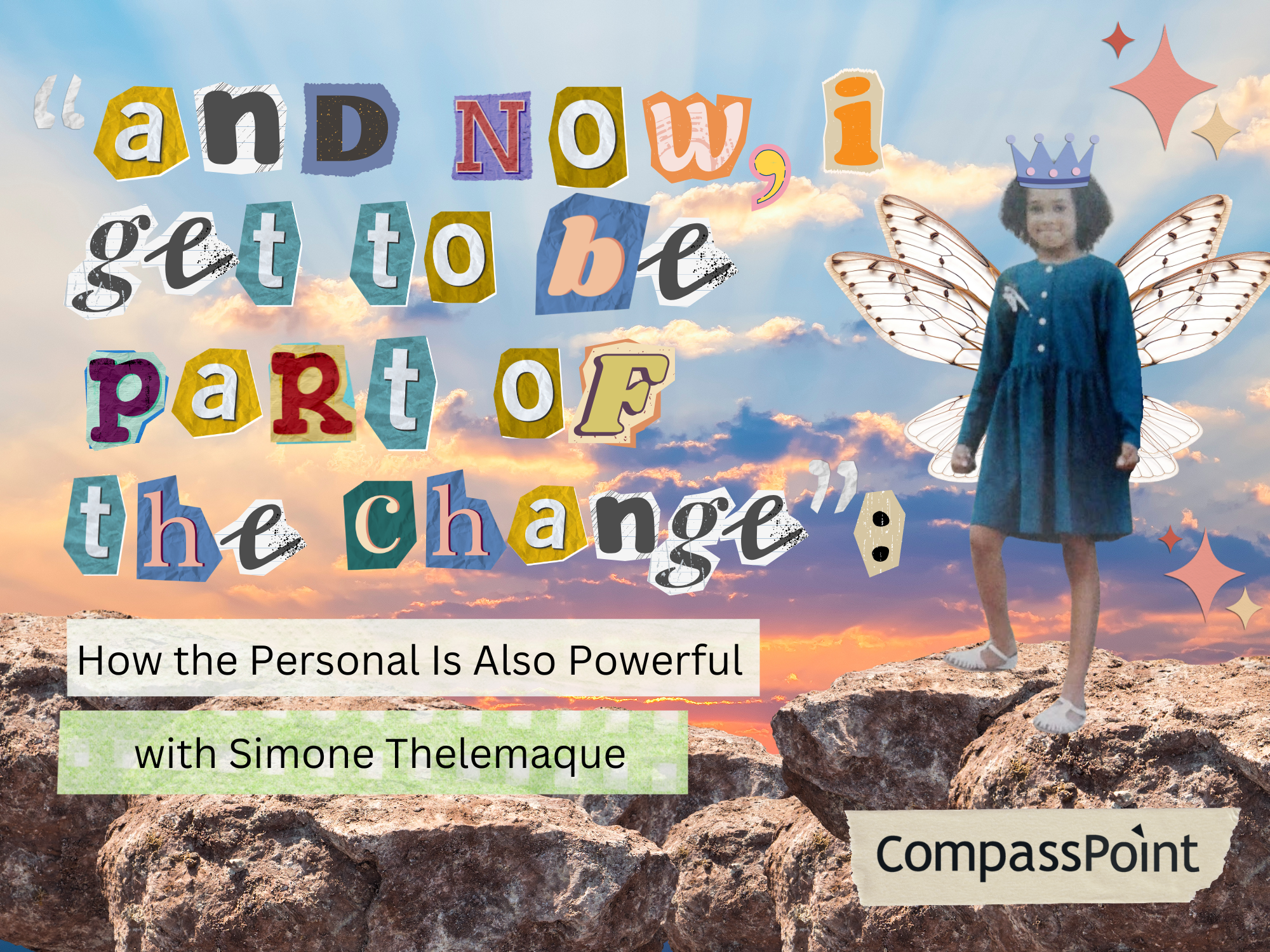We're bringing two money-and resource-related trainings your way this summer: one focused on finance and another focused on fundraising! We're excited to bring learning opportunities about managing money and resources back as a core part of our offerings, with revamped content and new ways to explore the crucial work of resourcing our missions.
Registration is open!
- Deeper knowledge about resources helps us understand power in our organizations more clearly—who holds it, how it’s wielded, and how it can be distributed more equitably. It opens the door for more people to step into positional leadership and helps interrupt power hoarding.
- Increasing our understanding of these systems is foundational to shifting them. If we don’t thoughtfully interrogate and reconfigure them, organizational systems and practices around money (both fundraising and financial management) can easily replicate and contribute to the very oppression we’re working against.
- With shared knowledge, decisions become more transparent, and perspectives and voices can move from the margin to the center. We can all better understand decisions, make informed choices, and bring creative thinking to the table.
- Knowledge about fundraising and finance isn’t solely for “math people”, and it shouldn’t be the exclusive domain of a few individual roles or positions. We all have something valuable to learn and something useful to contribute to the way we think about resourcing our work.
- With greater shared knowledge about finance and fundraising, we can share the responsibility of building the relationships that resource our work. And when there are more people across teams building relationships based on solidarity and commitment to social change, it doesn’t just contribute to financial sustainability, it helps grow our impact.
What's important to you when it comes to understanding money and resources? Sound off in the comments below.






Submit a comment